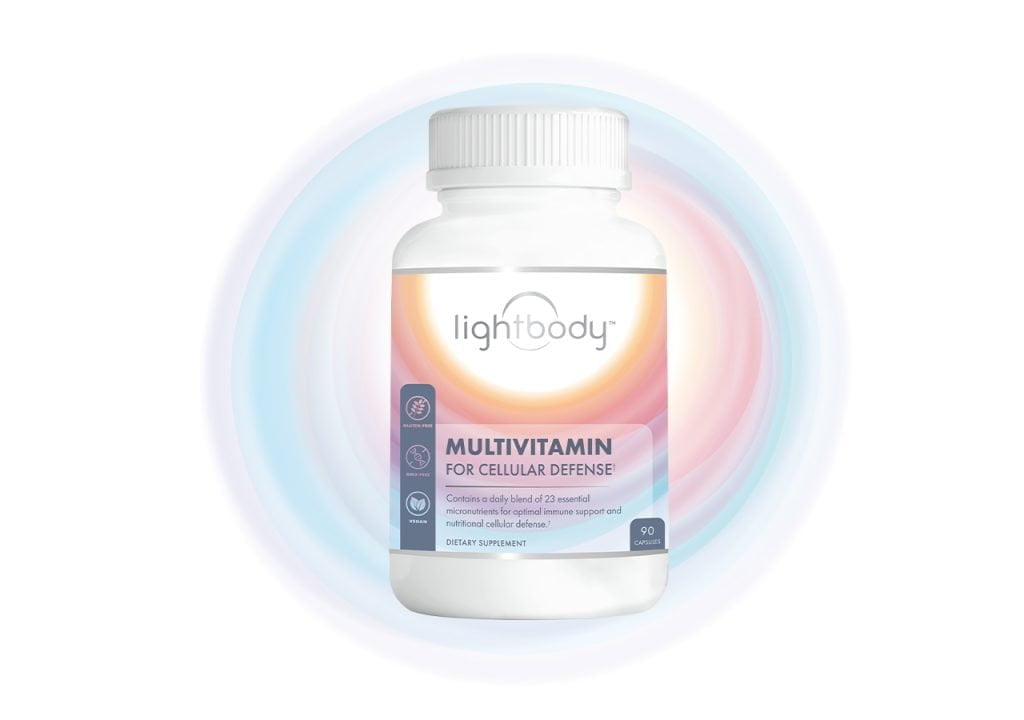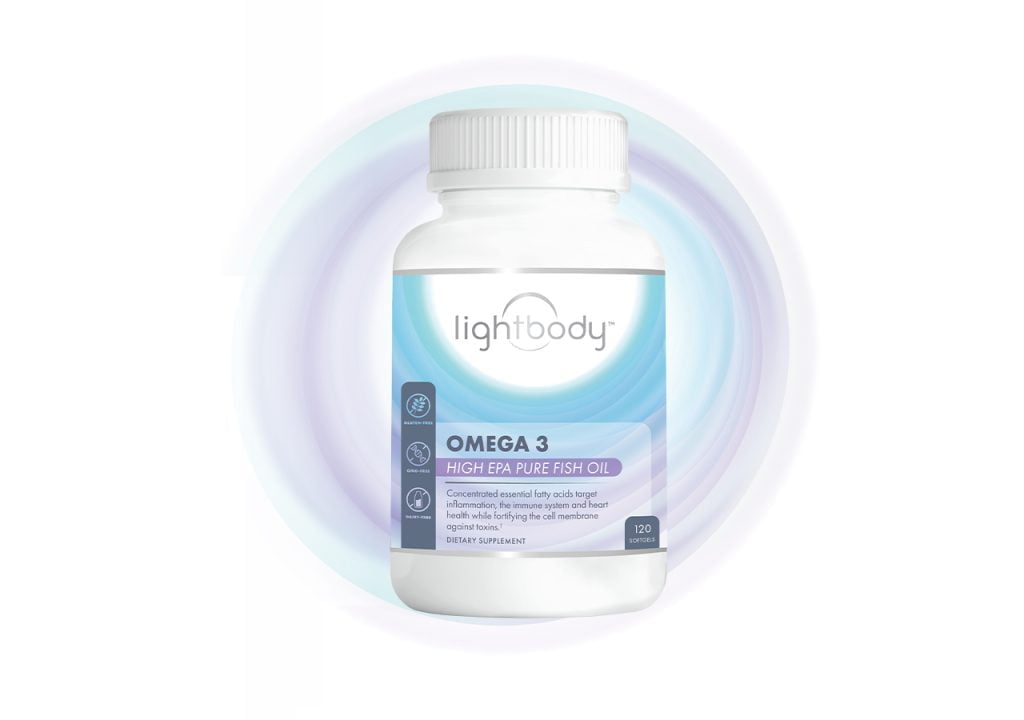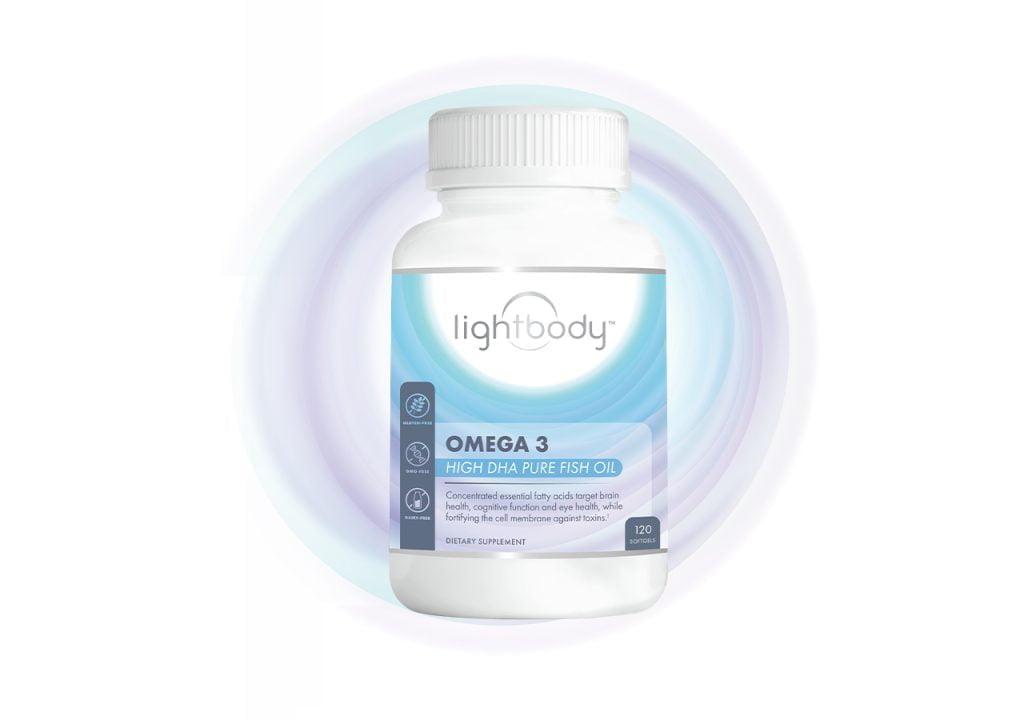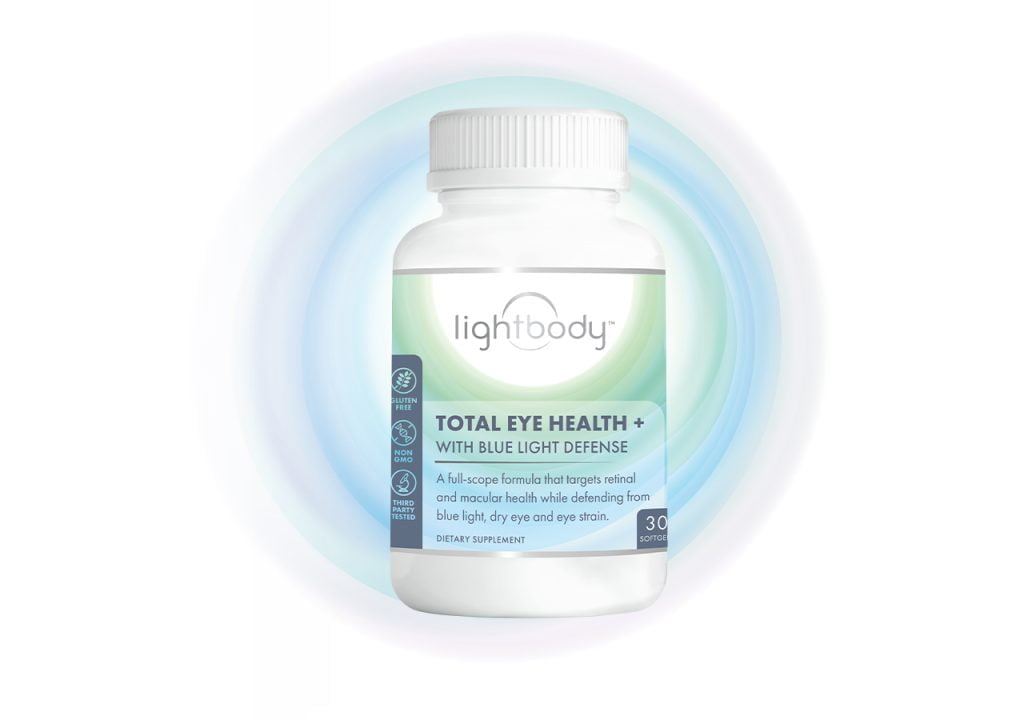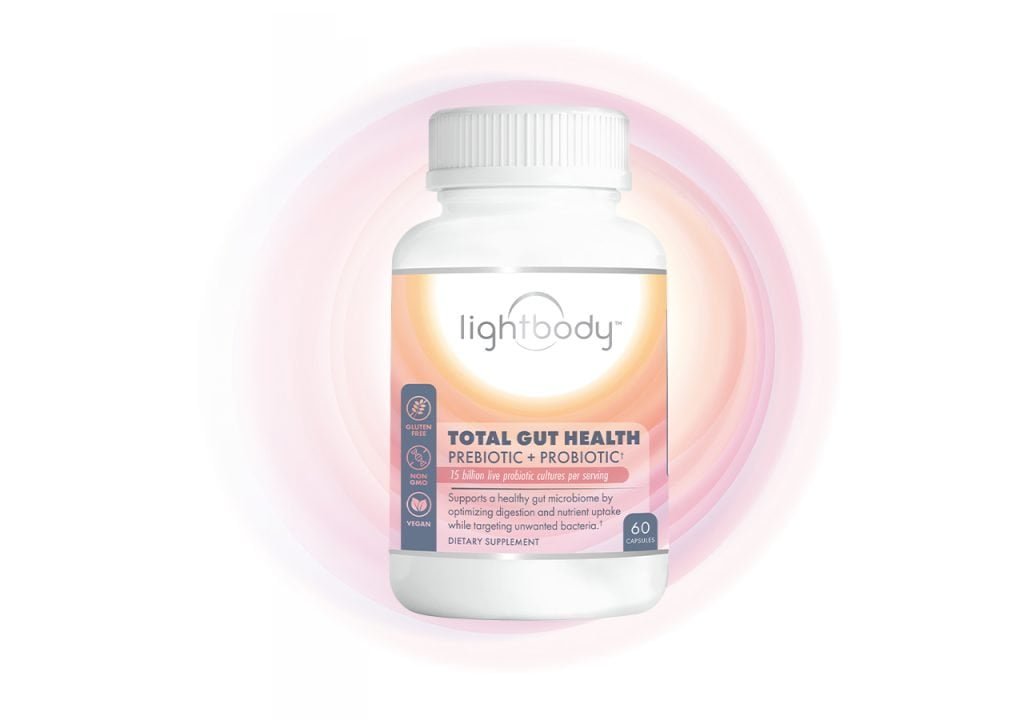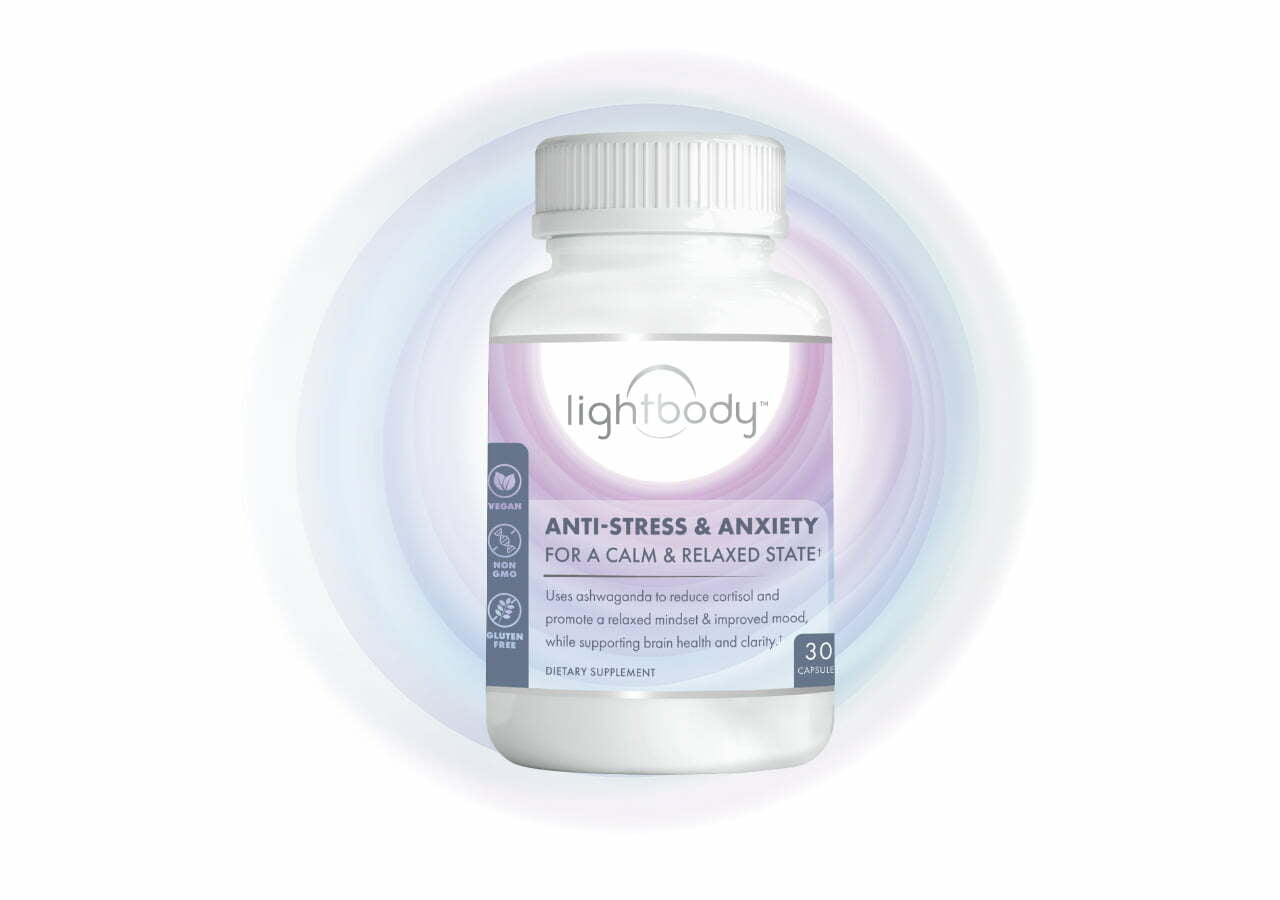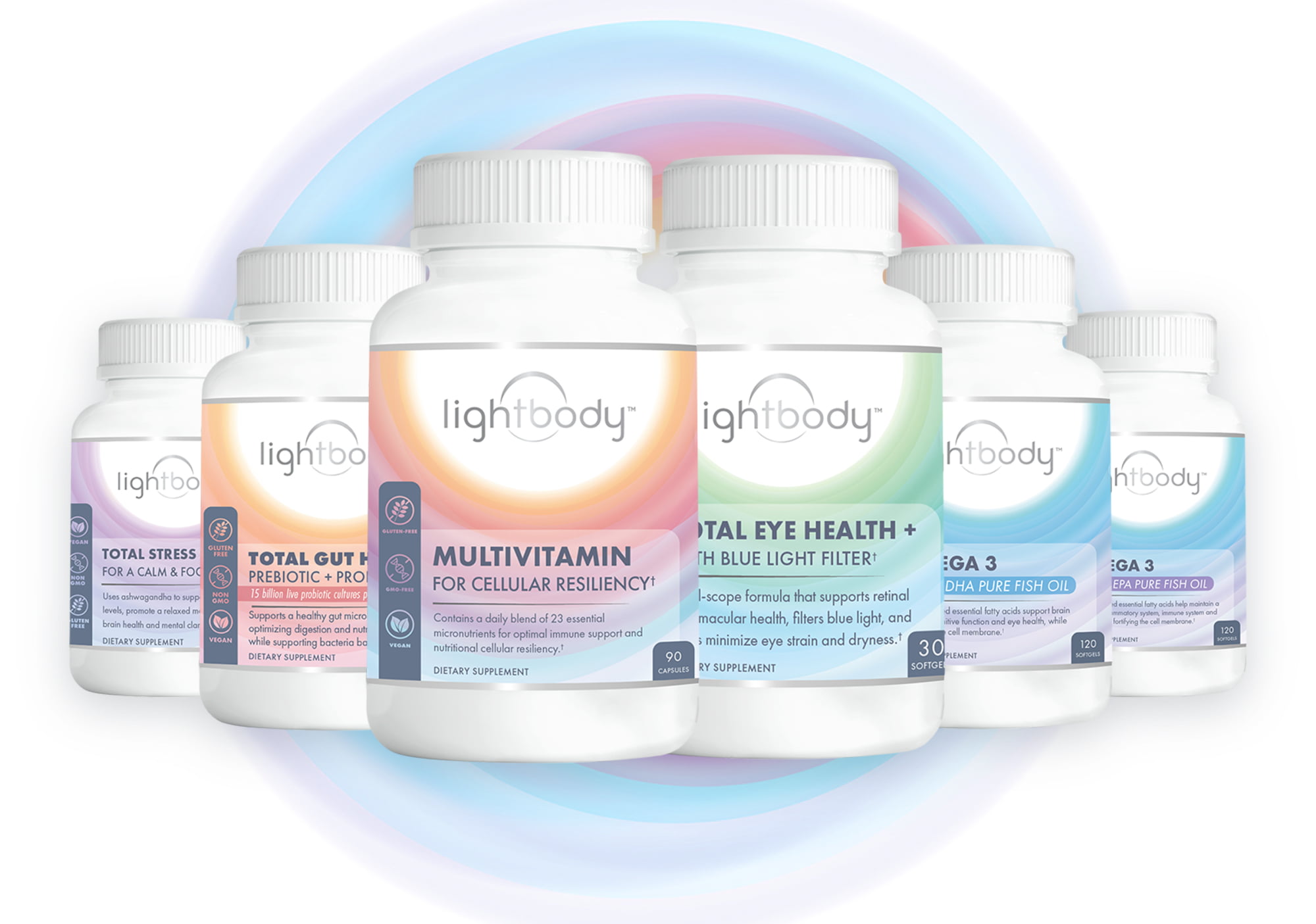Did you know that the average person spends over 7 hours a day looking at screens, exposing their eyes to the potentially harmful effects of blue light? Studies reveal that excessive exposure to blue light not only poses risks to eye health but also disrupts sleep patterns, leading to a myriad of health concerns.
The impact is real, and the numbers are staggering.
In today’s digital age, where screens have become an integral part of our daily lives, the question arises: Are we unwittingly subjecting ourselves to a future of eye problems and restless nights?
The omnipresence of blue light in our modern environment begs for a deeper understanding of its consequences on our overall well-being.
The good news is, we are not powerless in the face of artificial blue light. There are practical ways to counteract its negative impacts on our health.
It all begins with increasing our own understanding and knowledge on the topic. We are here to empower you with insights into the world of blue light, providing not only an understanding of its impact but also concrete tips on how you can enhance your daily routine to safeguard your eyes and sleep.
Take the first step towards a healthier relationship with technology. Equip yourself with knowledge on blue light and discover effective strategies to lower its impact on your health. Your eyes and your sleep patterns will thank you.
Read on to learn more and start making positive changes today:
- Defined: What is Blue Light?
- Why Does Blue Light Affect Vision?
- Positive Health Benefits of Blue Light
- Health Side Effects of Blue Light Exposure
- How Can I Protect my Eyes from Blue Light?
- Conclusion: Balance is Key
- Frequently Asked Questions
Defined: What is Blue Light?
All light is electromagnetic radiation within the visible spectrum that enables visual perception. As part of the ultraviolet light spectrum, blue light falls at the blue end of the spectrum, opposite to red light.
Blue light is a high-energy, short-wavelength light that is part of the visible light spectrum. It is present in both natural sunlight and various artificial light sources. This type of light is characterized by its relatively short wavelength, which gives it higher energy compared to other colors in the visible spectrum.
Sources of blue light includes light from the sun, digital screens (such as smartphones, computers, and tablets), LED and fluorescent lights, and any other electronic device that has a screen.
Why Does Blue Light Affect Vision?
Because of its short wave length and high energy, visible blue light passes through the cornea and penetrates the lens, to reach the retina. This has prompted researchers to investigate its potential effects on vision. The eye’s natural filters may not provide sufficient protection against prolonged exposure, especially from artificial sources, leading to concerns about the cumulative impact over time.
Positive Health Benefits of Blue Light
Blue light accounts for 25% of all sunlight. Our bodies have adapted to absorb sunlight as a source of blue light to help regulate normal functions.
Controlled exposure to blue light offers several health benefits, particularly during the daytime. Natural blue light from the sun helps regulate circadian rhythms, influencing the sleep-wake cycle and promoting alertness and focus.
Adequate exposure to blue light during the day is essential for maintaining a well-functioning internal clock, supporting mood, cognitive performance, and overall well-being. Moreover, blue light therapy has been utilized as a treatment for conditions like seasonal affective disorder (SAD) and certain sleep disorders, showcasing its potential in improving mental health.
While these benefits are important, it’s crucial to strike a balance, as excessive artificial blue light, especially blue light at night, can have adverse effects on sleep and overall eye health.
Health Side Effects of Blue Light Exposure
However, blue light overexposure has been linked to numerous health problems and can damage our eyes. Short-wave blue light at the wrong time is cause for concern.
Eyes and Our Vision
The health effects of blue light on our eyes and vision are multifaceted.
Blue light, with its shorter wavelength, can penetrate the human eye and reach the retina, potentially leading to digital eye strain. Constant exposure to blue light from digital screens has been associated with symptoms such as eye fatigue, dry eye, and headaches. It could potentially lead to long-term effects on vision, blue light-induced damage, and contribute to the development of eye disease.
There are also concerns about the cumulative impact of blue light on long-term vision, with some studies suggesting a potential association with conditions like age-related macular degeneration.
Sleep
Blue light plays a pivotal role in disrupting sleep patterns due to its impact on the body’s circadian rhythm.
When exposed to blue light, especially during the evening from sources like screens and LED lights, the brain receives signals similar to daylight. This suppresses the production of melatonin, a hormone crucial for inducing sleep. If melatonin is altered in your body, it impacts the natural wake and sleep cycle.
The interference with the natural sleep-inducing processes can lead to difficulty falling asleep and a reduction in overall sleep quality. Blue light before bedtime has been linked to delayed sleep onset, insomnia, and disturbances in the body’s internal clock, ultimately compromising the restorative nature of sleep cycles.
Mental Health
The negative impact of blue light on mental health is becoming increasingly evident in our digitally immersed lifestyles. Since exposure to blue light can disrupt circadian rhythms, sleep patterns may become altered and can contribute to insomnia.
Sleep disturbances, in turn, are closely linked to mood disorders such as depression and anxiety. Studies suggest that exposure to artificial blue light may impact neurotransmitters associated with mood regulation, potentially exacerbating symptoms of mood disorders.
How Can I Protect my Eyes from Blue Light?
To mitigate the potential risks of excessive blue light exposure, consider the following strategies:
- Protect your eyes by using blue light glasses, which can block blue light and mitigate the harmful impacts of this type of light emitted from digital devices. These computer glasses, with yellow-tinted lenses, help to filter blue light to lessen the intensity.
- Adjust device settings to reduce blue light from digital devices during the evening. Blue light from screens throws off the production of melatonin. By turning your device to warmer colors, it helps diminish the intensity and overall amount of blue light that can cause damage to your eye.
- Take regular breaks from electronic devices to give your eyes a rest. Follow the 20-20-20 rule. Keep your eyes from becoming fatigued by using this simple trick. Every 20 minutes, look at an object 20 feet away for 20 seconds for some relief.
- Use warmer light bulbs in your house. Hours of exposure to blue light from LED light bulbs can lead to long term issues. Simply swapping out bulbs is an easy fix to lessen your how much blue light you are exposed to daily.
- Consider supplementation to protect yourself from the inside. Antioxidants and nutrients that are beneficial for eye health include omega 3, vitamin C and E, and beta-carotene. And to learn more about how to supplement for your overall health, read about the 4 best supplements for women.
Check out our 8 tips for eye health in the digital age for some simple ways to improve not just your eye health, but your overall health too!
Conclusion: Balance is Key
Balancing our exposure to blue light is crucial for supporting healthy vision in our technology-driven world. For more insights on eye health and enhancing digital wellness, check out our blog about supplements for women (and men alike!) that can help you maintain optimal vision and overall vitality in the digital age. Remember, moderation is key, and adopting healthy habits today can contribute to long-term eye health.
Frequently Asked Questions
Yes, prolonged exposure to blue light, especially from digital screens, can be harmful to eyes by potentially causing eye and vision problems, and disrupting sleep patterns.
The duration for blue light to cause damage to eyes is not precisely defined, but prolonged and consistent exposure, especially during the evening, may contribute to eye issues and sleep disturbances over time.
To protect your eyes from blue light, consider using blue light blocking glasses, reducing screen brightness, and taking regular breaks from digital devices.
Blue light glasses are worth it for individuals who spend extended periods in front of screens, as they can potentially help reduce eye strain and discomfort associated with prolonged blue light exposure.



